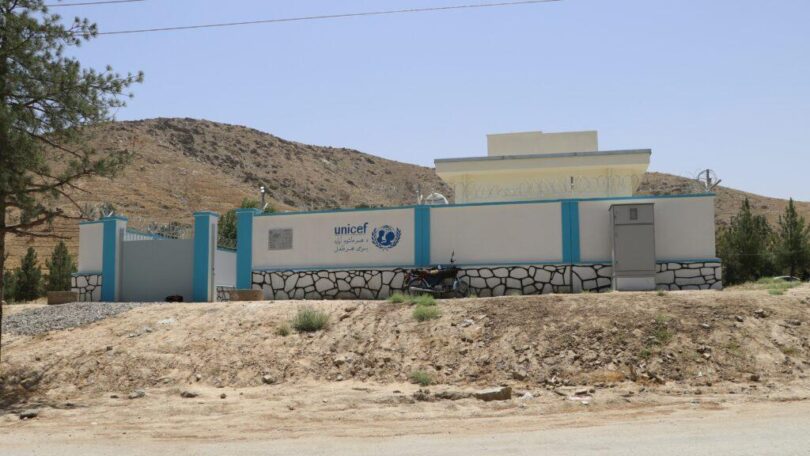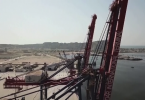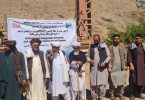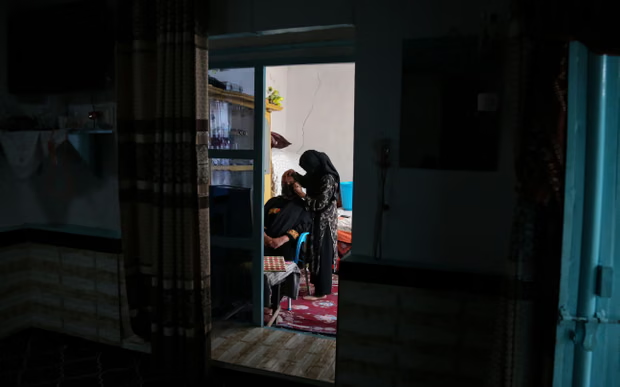KABUL (Pajhwok): A clean drinking water supply network that consumed 169 million afghanis has been inaugurated in capital Kabul. The project will benefit 6,200 households.
Speaking at the inauguration ceremony, officials stressed the importance of effective water management to mitigate the ongoing water shortage in the capital.
Director of Urban Water Supply Sewerage at the General Directorate of Emirati Entities Maulvi Ghulam Rahman Kazim said the project took one year to complete.
He said the project included drilling two wells in the Qargha area, installing power generators and laying over 11 kilometres of pipeline from Qargha to a water reservoir near Polytechnic University in 5th municipal district of Kabul.
He added the project was executed with financial support from the United Nations International Children’s Emergency Fund (UNICEF).
Kazim noted: “International estimates suggest that Kabul could become the world’s first capital without water by 2030. But we still have four years, and we must take necessary measures to prevent this crisis – and, God willing, we will.”
Maulvi Ahmad Jan Bilal, head of the General Directorate of Emirati Companies, also spoke at the event.
He said that with the inauguration of this project, clean drinking water would now be supplied to residents in Khushal Khan, Safa Township, the Regression area, Dewanbegi, the Silos Back Area, Parwan 2 and 3, Market and Sarsabzi intersections, parts of Khair Khana, and areas along the Blocks Road.
Hamidullah Hemat, head of the “Excellent” company which implemented the project, urged the government to prioritise the use of surface water instead of underground water and to prevent the unregulated extraction of groundwater to preserve it for future generations.
Reports indicate that the drop in the water table, poor water resource management, and rapid population growth have created severe environmental problems in Kabul. The water shortage has forced many households in parts of the capital to queue for hours at tanker points or travel long distances to fetch water.
However, Kabul Governor Aminullah Obaid stated at the event that the government was working to supply drinking water to the city from the Shahtoot Dam and the Panjshir River.
Emphasis on water management
Acting Minister of Economy Qari Din Mohammad Hanif said: “We acknowledge the problem of water scarcity, but thankfully we have powerful rivers that carry millions of cubic metres of water out of the country. This issue requires proper management and dedicated effort.”
He emphasised that Afghanistan has abundant surface water resources, and with efficient management, the country can avert a water crisis.
Deputy Minister of Agriculture, Irrigation and Livestock Maulvi Sadr Azam Usmani also highlighted the availability of water in Afghanistan.
He said that if water was properly managed and utilised, no city in the country would face a water shortage crisis.
He added that the ministry was working to improve the management of surface and rainwater resources.







